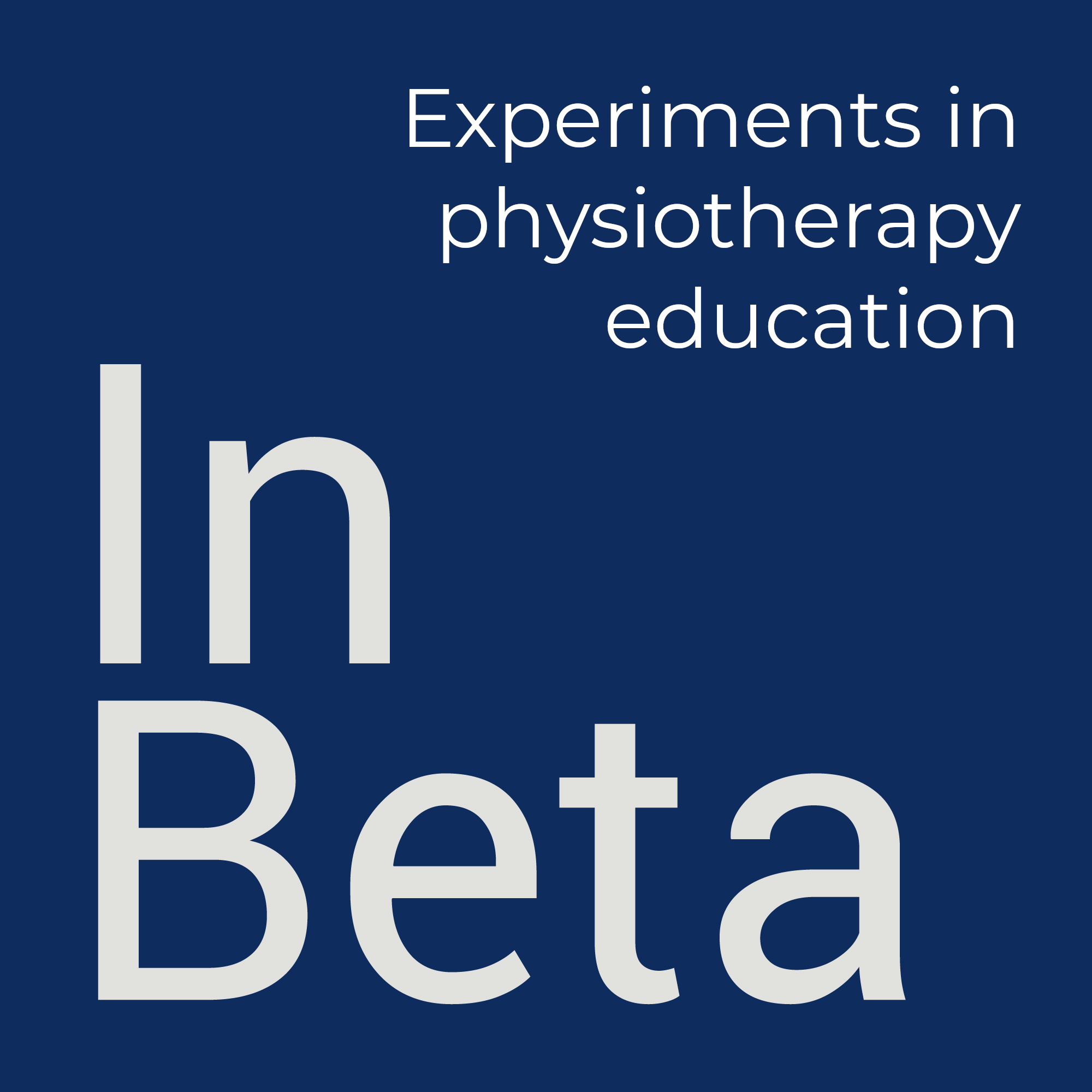
In this episode, we speak to Ben Gordon about the implications of remote-only physiotherapy management, facilitated by technology. Our discussion centres around the shifting dynamics when physiotherapy is conducted virtually rather than in-person, and how this departure from traditional norms might reshape the core tenets of the profession.
We explore the affordances of remote practice, such as improved access, convenience, and the potential for preventative care or wellness-based physiotherapy models that could scale more effectively. We examine the constraints imposed by remote-only practice as potential catalysts for refocusing physiotherapy on its essence, emphasising software supported decision-making, behavioural change, and the art of asking insightful questions to align with patients’ goals. This realignment disrupts conventional perceptions of “practice” and challenges the profession’s overemphasis on the purely physical aspects of the interaction. And we consider our readiness to adapt to these technological advancements and the implications for professional regulation, which has traditionally been conservative in embracing change.
Overall, this thought-provoking discussion invites listeners to reimagine the profession through the lens of remote-only physiotherapy management, challenging assumptions, embracing innovation, and exploring the potential for a more scalable, accessible, and patient-centric approach to healthcare.
Additional resources
- Fried, J., & Hansson, D. H. (2013). Remote: Office Not Required. Currency.
- Nicholls, D., Synne Groven, K., Røe, Y., Dahl-Michelsen, T., & Bjorbækmo, W. (2020). Is COVID showing us the future for physiotherapy? Fysioterapeuten.
- Roberts, L. C., & Osborn-Jenkins, L. (2021). Delivering remote consultations: Talking the talk. Musculoskeletal Science & Practice, 52(102275), 102275.
- Walthall, H., Schutz, S., Snowball, J., Vagner, R., Fernandez, N., & Bartram, E. (2022). Patients′ and clinicians′ experiences of remote consultation? A narrative synthesis. Journal of Advanced Nursing, 78(7), 1954–1967.

Ben Gordon is a physiotherapist in the United States who works remotely for a primary care organisation called Nice Healthcare. He has also worked with telehealth startups since 2019. Ben does web development on the side and wants to explore the use of AI to support remote work environments. He graduated from the MGH Institute of Health Professions in 2020 and is interested in learning how physiotherapy can evolve with new tools and care models.


[…] https://inbetaphysio.com/2024/03/18/34-remote-only-physiotherapy-management/ […]
[…] B. (2024). Remote-only physiotherapy. In Beta […]